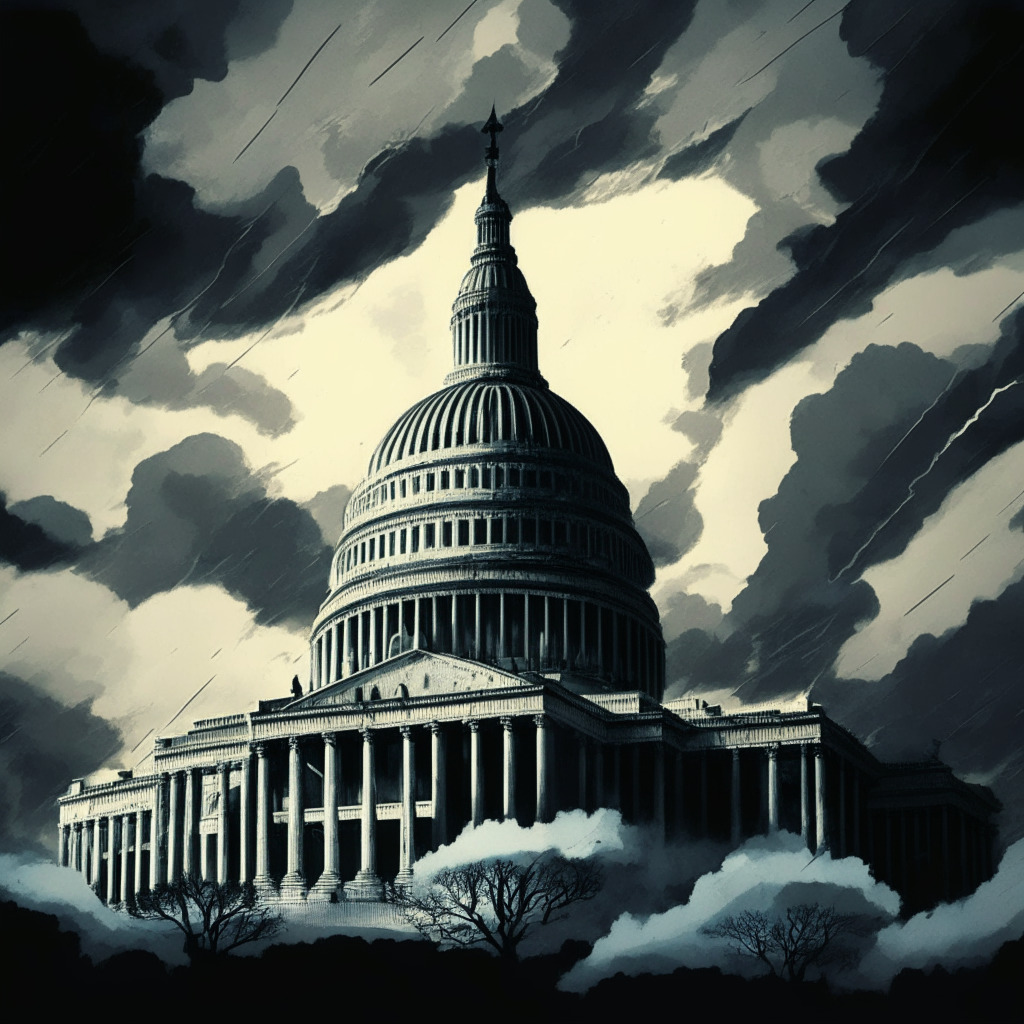As political currents turn stormy in the United States, the imminent threat of another government shutdown looms large. This time, the person at the epicentre of the uproar is House Speaker Kevin McCarthy, who is struggling to manage internal party pressures over spending plans. The significance of this decision extends beyond political ramifications in the U.S though; it could directly influence the future of digital assets.
Crypto-focused bills like the Financial Innovation and Technology for the 21st Century Act (FIT), the Blockchain Regulatory Certainty Act, the Clarity for Payment Stablecoins Act, and the Keep Your Coins Act, which secured backing from the House Financial Services Committee earlier this year, await their turn in the spotlight. However, any government shutdown would shove their chances of being passed into oblivion until the all-important hurdle of funding the government for the forthcoming fiscal year is overcome.
This is familiar terrain for the U.S government in terms of frequency but, interestingly, the reasons fuelling such shutdowns have metamorphosed from budgetary worries to shrewd political tactics.
Ron Hammond, who guides the Blockchain Association on government relations, has expressed anxiety over the detrimental effects of a shutdown on the digital assets’ landscape. He emphasises the split within the House Republican party and the divergence of the Senate, saying these factors make a shutdown almost a certainty.
For the crypto enthusiasts, the longer the shutdown lasts, the further the likelihood of any bills like the FIT, market structure and stables being pushed back or not seeing the light of day. While many of these bills enjoy bipartisan support and are likely to survive floor voting, Hammond cautions that political tinderboxes lurking in the landscape could detonate any bill or deal.
The countdown has begun, with lawmakers needing to agree on the spending bills by September 30, otherwise, non-essential federal agencies like the US Securities and Exchange Commission and the Commodity Futures Trading Commission, which act as custodians of digital assets, will have to shut shop.
Despite these impending challenges, crypto regulations continue to gain traction among lawmakers. Senator Kirsten Gillibrand is fervently persuading her Democrat colleagues to welcome more stringent norms. In her opinion, it’s not merely a partisan issue; through discussion and introducing these ideas in their bill, she believes, the regulation can gain a bipartisan approach. It seems, however, that achieving this amidst brewing political chaos may be a tall order.
Source: Cryptonews




